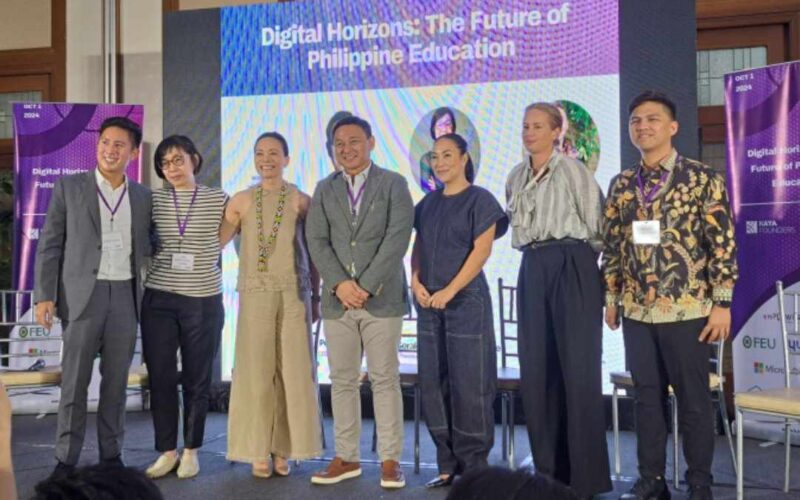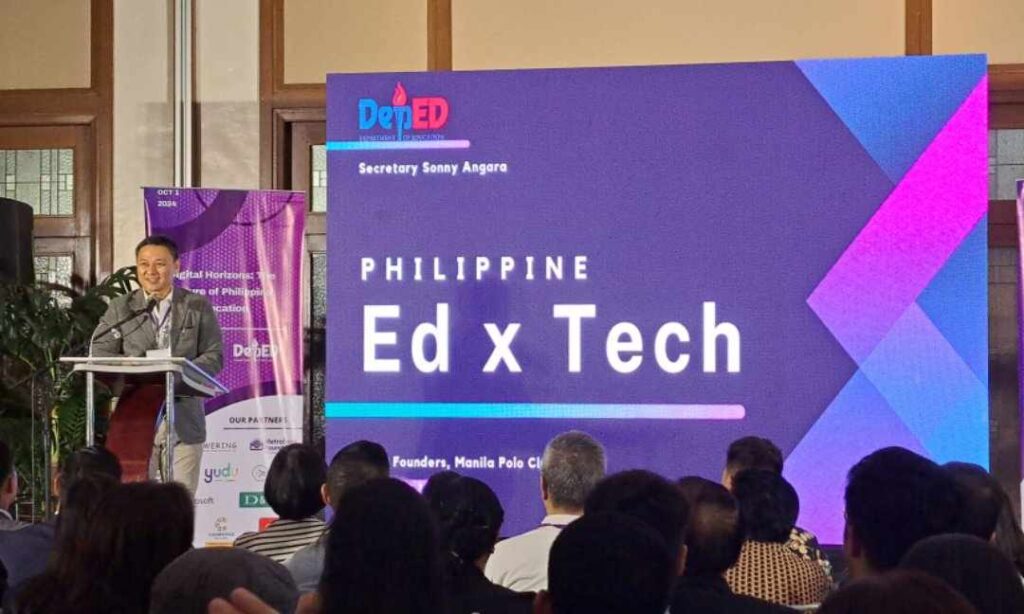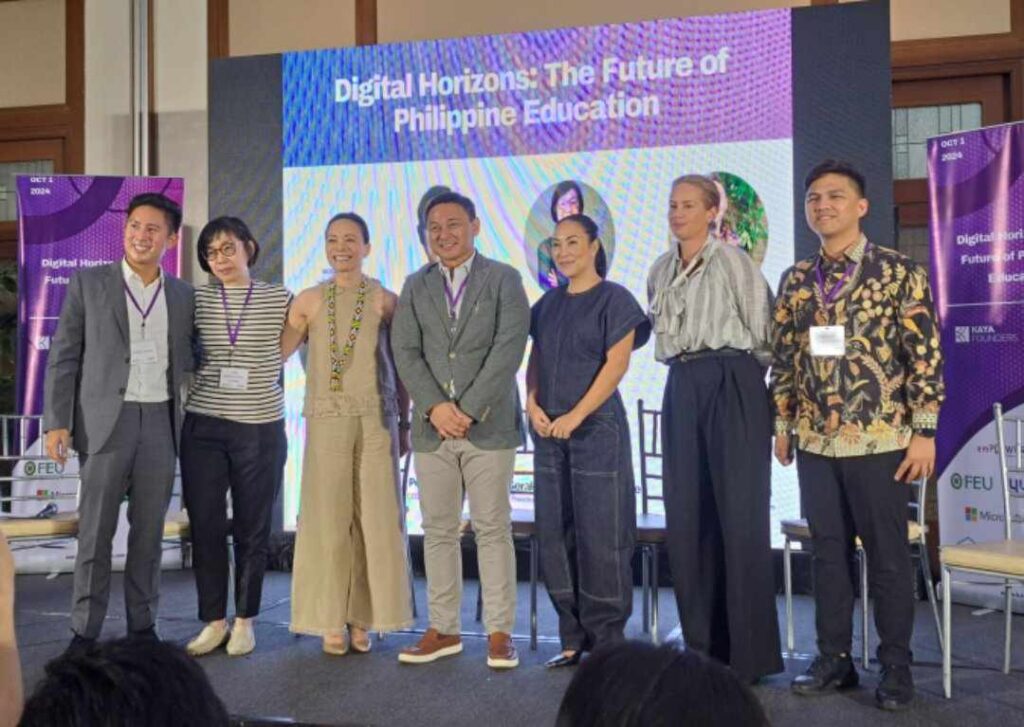By Franchesca L. Tuazon
Education Secretary Sonny Angara was one of the esteemed speakers at the recent ‘Digital Horizons’ Forum, which aims to turn the nation’s tech-savvy spirit into a powerful tool for learning and growth.
Kaya Founders, in partnership with the Department of Education (DepEd), recently hosted “Digital Horizons: The Future of Philippine Education.” The event gathered policymakers, educators and tech innovators to explore how technology can bridge gaps and transform education in the country.
Angara, in his keynote speech, highlighted the country’s enthusiasm for technology, but lamented its slow integration into education.
“We were once the texting capital, and now we’re excited to use ChatGPT. But unfortunately, this has not translated to gains in education,” Angara said. He emphasized the need for technology to be a core part of the curriculum, especially with children already adept at using smartphones. The challenge, he noted, is weaving technology into a traditional system fostered by DepEd.
To address these challenges, Angara highlighted several ongoing initiatives by DepEd. He mentioned that the department is working closely with partners like Canva, Khan Academy and iamthecode to equip both students and educators with the skills needed to effectively use technology in learning. Angara also expressed optimism that more organizations and individuals would join these efforts to further improve the quality of education in the country.
Paolo Vera, Entrepreneur in Residence of Kaya Founders, emphasized the importance of using technology in the Philippine education system, noting that it holds the potential to address many long-standing challenges, such as limited access to quality education, especially in rural areas and the lack of resources in many schools. “This is not just about improving education today — it’s about preparing future generations to lead and innovate in a world where digital literacy is essential,” Vera stated.
Peter Maquera, CEO of Microsoft Philippines, echoed Angara’s sentiments, emphasizing the importance of equipping students with proper digital tools and AI training. He cited projects like the “DepEd eField Trip,” “Career Accelerator Program” and the “Microsoft Youth Ambassadors Program” as examples of how DepEd is using digital tools, AI and data analytics to prepare students for the future.
Rangga Husnaprawira, former Chief Product Officer of GovTech Edu, offered insights into the broader picture of digital integration, stressing that system-wide transformation is key. “Change will always face resistance, but the key is to start even if imperfectly,” Husnaprawira remarked, emphasizing that the country must embrace iteration and imperfection to achieve lasting impact.
Other speakers, including Lisa Gokongwei-Cheng of the Gokongwei Brothers Foundation and Geraldine Sunshine-Acuña, President and CEO of Khan Academy Philippines, provided further insights on how collaboration and digital solutions could enhance education access and quality. This was followed by an engaging panel discussion, which allowed participants to dive deeper into the critical intersections of education, technology and policy.







